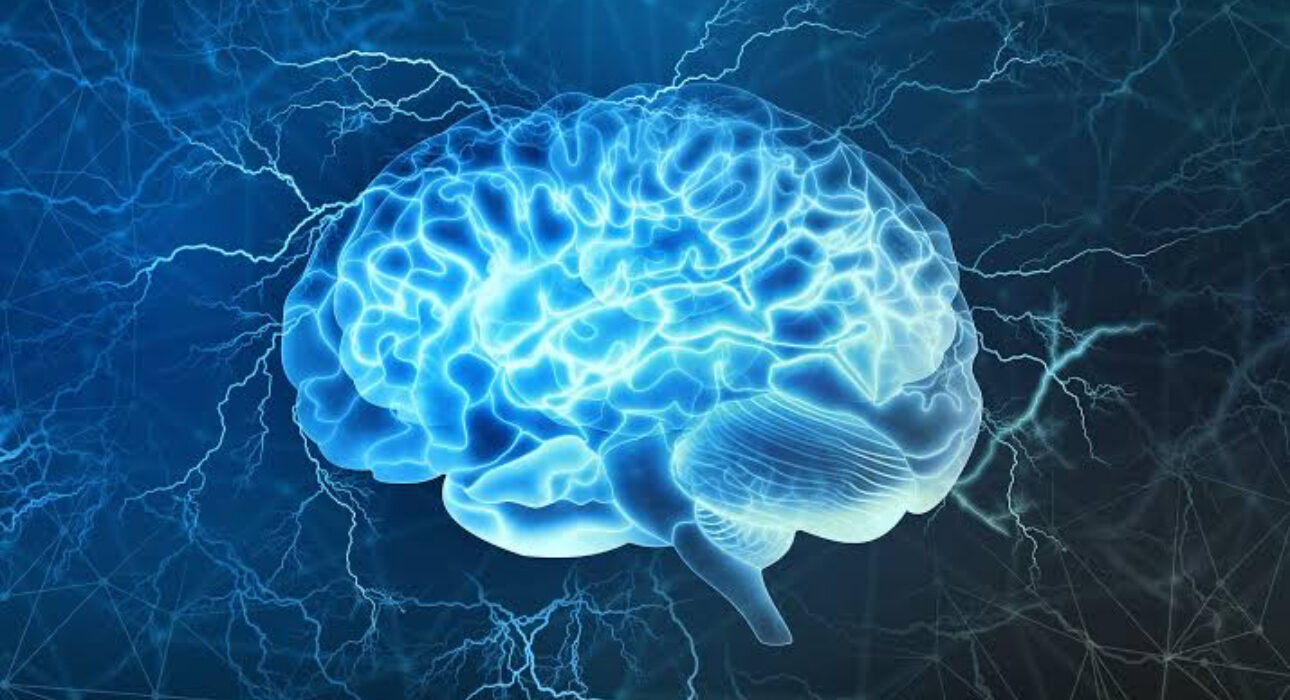Study Suggests Brain Development Extends Into 30s, Redefining Adulthood

In a new study conducted by the University of Cambridge, the concept of adulthood has been redefined with the discovery that the human brain develops much later, way into one’s 30s. The study opposes the age-old belief that humans become adults at the age of 18, a point that is widely used in law and society.
Cambridge neuroscientist Professor Peter Jones described how becoming an adult is by no means a flip of a switch. “To have a definition of when you transition from childhood to adulthood appears more and more ridiculous,” he said. “It’s a much more complex process that occurs over three decades.”
The study points out that the prefrontal cortex, the part of the brain responsible for decision-making, impulse control, and social behavior, continues to mature after the early twenties. This gradual maturation process, it is argued by researchers, has a far-reaching influence on behavior, emotional regulation, and long-term planning well into an individual’s third decade of life.
Building on the Cambridge work, a second independent study by the University of Edinburgh went further to stress that full brain maturity will be hard to attain before reaching 25 to 30 years. These are some of the most recent findings making up an increasing pool of data that neurological development does not cease at adolescence as long thought.
“The idea that someone turns 18 and is suddenly an adult doesn’t align with what we’re seeing in brain scans and behavioral studies,” said one neuroscientist affiliated with the research. “We’re realizing that the brain is still undergoing critical changes related to memory, self-control, and emotional stability into a person’s 30s.”
This finding has significant legal, educational, and social policy implications. In the majority of countries, 18 is the age at which an individual is eligible to vote, serve in the military, or be tried as an adult in court. But if the brain continues to mature at this age, the argument is that society may need to rethink these ages.
As the scientific community becomes increasingly informed about human development, the researchers indicate that what may be needed is an adaptable and nurturing system of early adulthood that acknowledges the protracted duration of intellectual and emotional growth rather than rigidly adhering to age-related markers.
The study has once again sparked controversy over age-related policy-making, potentially paving the way for a rethink of what exactly it means to be an “adult” in today’s society.








